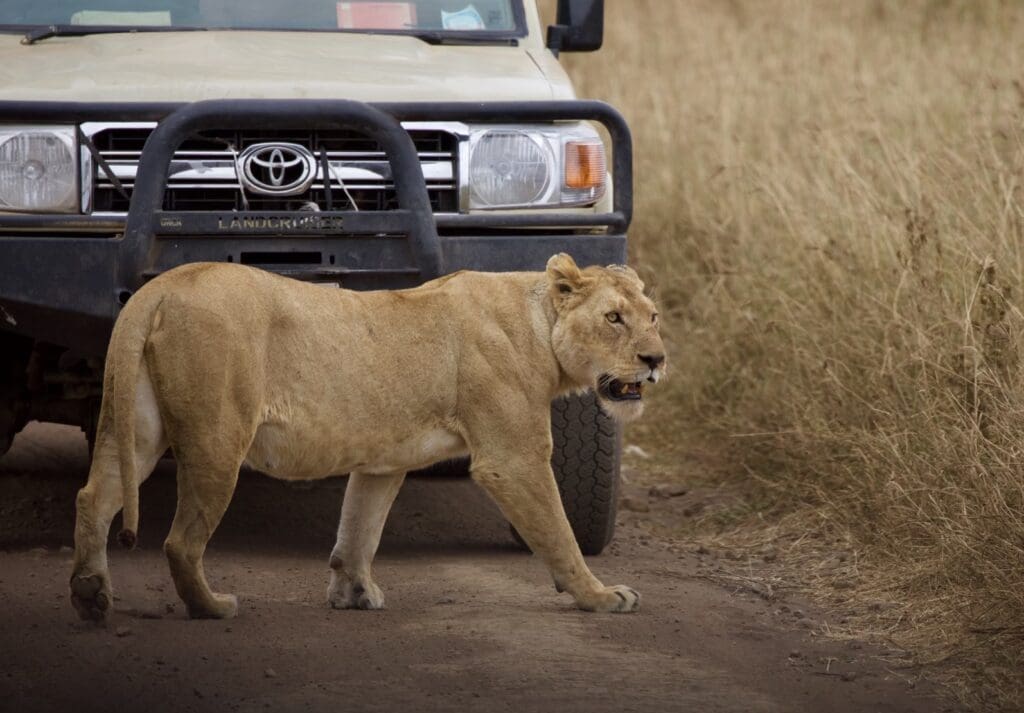Tanzania is an incredible destination that offers a unique blend of thrilling safaris, beautiful beaches, rich culture, and unforgettable adventures. If you’re planning to visit Tanzania, it’s essential to prepare thoroughly to make your trip smooth and enjoyable. Here’s everything you need to know to plan the perfect trip.
Choosing the Right Time to Visit Tanzania
Timing is crucial when planning a trip to Tanzania. The country has distinct wet and dry seasons, each providing unique experiences. Generally, the best time to visit Tanzania for safaris is from June to October, during the dry season. Wildlife viewing is optimal during these months, especially if you want to witness the spectacular Great Migration in Serengeti National Park. Alternatively, if you’re visiting Zanzibar, December through February is ideal, offering perfect beach weather.
Essential Destinations in Tanzania
When you visit Tanzania, your itinerary should include some must-see places. Serengeti National Park is renowned globally for its wildlife and the annual wildebeest migration. Ngorongoro Crater, a UNESCO World Heritage Site, offers breathtaking views and abundant wildlife. Mount Kilimanjaro, Africa’s tallest peak, is a bucket-list destination for adventure seekers.
For beach lovers, Zanzibar Island, with its stunning beaches and vibrant culture, is a must-visit. Stone Town, Zanzibar’s historical city, offers a fascinating exploration of local history and cuisine.
Visa and Travel Documentation
Most visitors need a visa to enter Tanzania. Fortunately, Tanzania offers visas upon arrival for many nationalities, although it is recommended to obtain one in advance through an online application to avoid delays at the airport. Be sure your passport is valid for at least six months beyond your planned departure date.
Health Precautions
When planning to visit Tanzania, health considerations are important. It’s advised to consult your healthcare provider about necessary vaccinations such as yellow fever, typhoid, and hepatitis A. Malaria is prevalent, so taking prophylactic medication is recommended. Also, pack mosquito repellent and sun protection products, as the equatorial sun can be intense.
Packing Essentials
Your packing list for Tanzania should focus on practicality. Lightweight, comfortable clothing suitable for warm weather is essential. Long-sleeved shirts and pants are recommended for safari trips to protect against insects. Comfortable hiking boots are necessary if climbing Kilimanjaro. Don’t forget essential accessories like binoculars, camera gear, sunglasses, hats, and a durable water bottle.
Accommodation Options
Tanzania offers accommodation options for every budget, from luxury lodges and tented camps in national parks to budget hostels and guesthouses. If you prefer luxury, lodges in Serengeti or boutique resorts in Zanzibar offer exceptional comfort and service. Budget travelers can find great value in guesthouses and backpacker hostels that provide authentic Tanzanian hospitality.
Transportation Within Tanzania
Getting around Tanzania can involve various transportation methods, depending on your itinerary. Domestic flights are efficient for long-distance travel between parks and major cities. Safari vehicles and private transfers are widely used for touring wildlife reserves. For Zanzibar, local taxis and shared minibuses known as “dala-dala” are common transportation methods.
Cultural Sensitivity and Local Customs
Respecting local customs and traditions enhances your travel experience. Tanzanians are generally welcoming and friendly. It’s polite to ask permission before photographing people and dress modestly, especially when visiting religious or cultural sites. Learning a few basic phrases in Swahili, such as “Jambo” (Hello) or “Asante” (Thank you), can greatly enrich your interactions with locals.
Budgeting for Your Trip
Your budget depends significantly on your travel style. Safaris and guided tours typically represent the largest expense. Expect moderate costs for meals, especially in tourist areas. Accommodation varies widely, from affordable hostels to premium resorts. Having extra cash on hand for tips, souvenirs, and unexpected expenses is advisable.
Conclusion
Planning your visit to Tanzania ensures you maximize your experience in this stunning East African country. Whether you’re exploring wildlife-filled national parks, relaxing on white sandy beaches, or immersing yourself in local culture, careful preparation guarantees a memorable and rewarding adventure. Tanzania truly has something special for every traveler.

